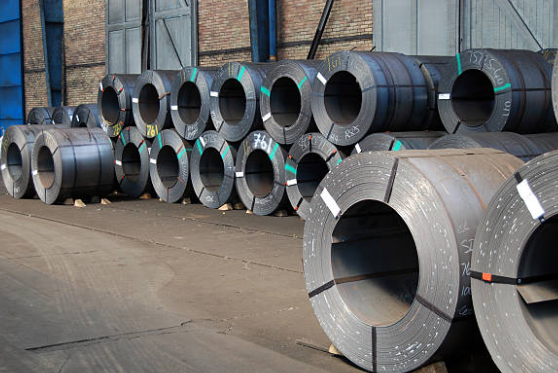
Posted on Tuesday, October 8, 2024
In the world of manufacturing, the importance of precision and customization cannot be overstated. Roll forming, a process used to create metal products with a continuous cross-section, is no exception. As industries evolve, the demand for specialized components increases, leading to the necessity for customized metal coils. This blog will explore how manufacturers can request customized metal coils with specific properties, such as tensile strength, thickness, and coatings, and discuss common customization requests from industries like automotive, aerospace, and construction.
Customization in the context of metal coils refers to tailoring the physical and chemical properties of the coils to meet the unique requirements of specific applications. This customization is essential because not all projects are the same; different applications demand different material characteristics to ensure optimal performance, durability, and safety.
The customization of coil properties has a significant impact on the roll forming process. Different properties can require adjustments to tooling and production techniques. For instance, coils with higher tensile strength may necessitate changes in die design or rolling speeds to accommodate the material's unique characteristics. Additionally, customized coils can influence cost and production timelines, as the need for specialized materials often leads to longer lead times and potentially higher material costs.
Customizing metal coil properties is essential for manufacturers looking to optimize their roll forming projects. By understanding the specific needs of various industries—such as automotive, aerospace, and construction—companies can tailor their requests for metal coils that meet stringent requirements. This attention to detail not only ensures the performance and durability of the final products but also enhances the overall efficiency of the manufacturing process.
As industries continue to evolve, the importance of customizing metal coil properties will only grow. Manufacturers are encouraged to communicate their specific needs when sourcing metal coils for roll forming applications to achieve the best results.

Used Purlin Roll Forming Machines for Sale Worldwide
Posted on Sunday, January 25, 2026
Pre-Owned Roll Forming Machines for Purlin & Structural Steel Profiles

Used Roof Panel Roll Forming Machines for Sale Worldwide
Posted on Sunday, January 25, 2026
Pre-Owned Roll Forming Machines for Roofing Panel Production

Used Roll Forming Machines for Sale Worldwide
Posted on Tuesday, January 20, 2026
Pre-Owned Roll Forming Machines with Inspection, Verification & Global Support

Steel Coil Supply for Roll Forming Machines Worldwide
Posted on Tuesday, January 20, 2026
Reliable Steel Coil Supply for Roll Forming, Fabrication & Manufacturing Applications
Copyright 2026 © Machine Matcher.